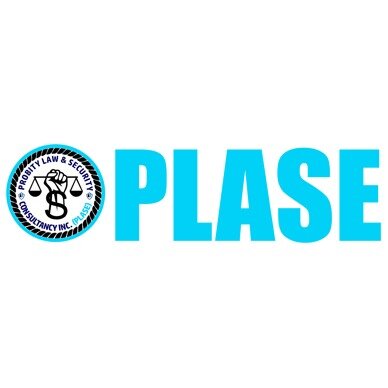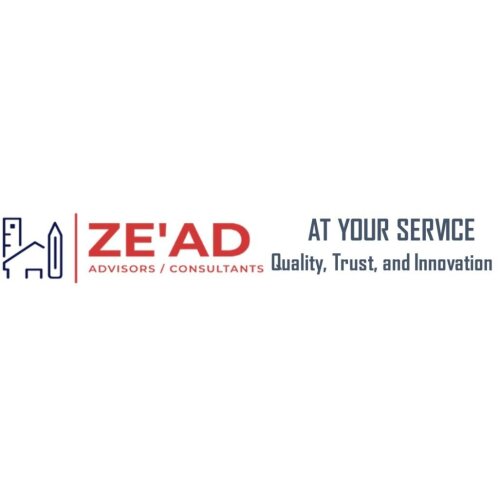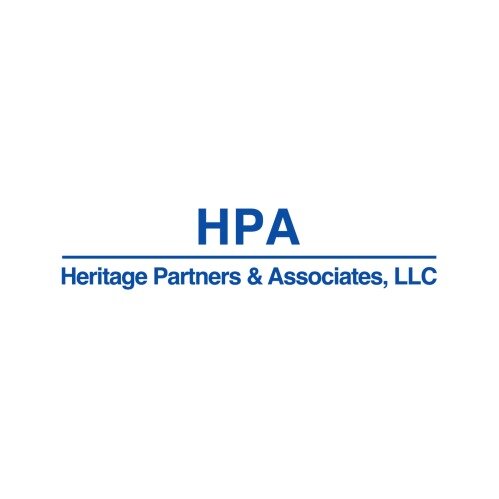Best Environmental Law & Compliance Lawyers in Liberia
Share your needs with us, get contacted by law firms.
Free. Takes 2 min.
Or refine your search by selecting a city:
List of the best lawyers in Liberia
About Environment Law in Liberia
Environment law in Liberia encompasses the regulations and standards established to protect the country's natural resources, wildlife, and ecosystems. Liberia is home to a rich biodiversity and is committed to sustainable development and environmental conservation. The nation has enacted various laws and policies to address issues such as pollution, deforestation, and the exploitation of natural resources. As part of international frameworks like the United Nations Framework Convention on Climate Change, Liberia strives to balance its economic development with the preservation of its environment.
Why You May Need a Lawyer
There are several situations in which individuals or businesses in Liberia might require legal assistance related to environmental matters:
- Disputes over land use and rights, particularly in areas with natural resources.
- Compliance with environmental regulations for businesses engaged in mining, forestry, and agriculture.
- Litigation involving environmental harm caused by pollution or industrial accidents.
- Assistance with obtaining environmental permits and licenses.
- Representation in cases of government enforcement actions related to environmental compliance.
- Advice on international environmental agreements and obligations.
Local Laws Overview
Environmental law in Liberia is governed by a range of legislative measures aimed at safeguarding natural resources. Key aspects include:
- Environmental Protection Agency (EPA) Act: Established the EPA as the primary regulatory body for environmental management.
- National Environmental Policy: Provides guidelines for sustainable environmental management and development.
- Forestry Law: Regulates the management, protection, and utilization of forest resources.
- Mines and Minerals Law: Outlines the legal framework for mineral exploration and mining activities while emphasizing environmental considerations.
- Land Rights Act: Addresses land ownership issues and aims to protect community rights and access to land.
Frequently Asked Questions
What is the role of the Environmental Protection Agency (EPA) in Liberia?
The EPA is responsible for environmental governance and oversight, including enforcing environmental regulations, issuing permits, and ensuring compliance with national policies.
How do environmental laws affect businesses in Liberia?
Businesses must adhere to environmental regulations to minimize their environmental impact, which includes obtaining necessary permits and following sustainable practices.
What are the penalties for violating environmental laws in Liberia?
Penalties can range from fines to suspension of operations, and in severe cases, criminal charges may be brought against violators.
Can individuals report environmental violations?
Yes, individuals can report environmental violations to the EPA, which will investigate and take appropriate action.
Are there incentives for sustainable practices in Liberia?
The government may offer incentives such as tax breaks or grants for businesses and organizations that implement sustainable practices.
How does Liberia address pollution control?
Liberia implements pollution control through environmental laws that limit emissions, regulate waste management, and impose penalties for non-compliance.
What is the significance of the Forestry Law?
The Forestry Law seeks to preserve Liberia’s forests by regulating logging, encouraging reforestation, and protecting biodiversity.
How does land ownership affect environmental law in Liberia?
Land ownership can influence access and use rights, which are important in the context of environmental conservation and resource management.
What legal frameworks govern mining in Liberia?
The Mines and Minerals Law, along with environmental regulations, governs the exploration, extraction, and management of mineral resources.
How are international environmental agreements relevant to Liberia?
Liberia's commitment to international agreements reflects its dedication to global environmental standards and collaborative conservation efforts.
Additional Resources
Individuals seeking further information may find the following resources useful:
- Environmental Protection Agency (EPA) of Liberia: The main body for environmental regulation and policy implementation.
- Forestry Development Authority (FDA): Manages forestry resources and promotes sustainable forest management.
- Ministry of Mines and Energy: Provides guidance on issues related to mining and energy, ensuring environmental compliance.
- Civil Society Organizations (CSOs): Active in environmental advocacy, conservation efforts, and legal support.
Next Steps
If you require legal assistance related to environmental matters in Liberia, consider the following steps:
- Identify Your Needs: Clearly define the issue or legal challenge you are facing regarding the environment.
- Seek Legal Counsel: Engage with a lawyer or law firm that specializes in environmental law. Experienced professionals can provide advice and representation regarding the complexities of environmental regulation.
- Contact Relevant Authorities: Reach out to the appropriate governmental department or agency, such as the EPA, for guidance and support.
- Gather Documentation: Compile all necessary documents and information related to your case or inquiry, such as permits, notices, and correspondences.
- Stay Informed: Keep abreast of changes in environmental legislation to ensure compliance and awareness of your rights and obligations.
Lawzana helps you find the best lawyers and law firms in Liberia through a curated and pre-screened list of qualified legal professionals. Our platform offers rankings and detailed profiles of attorneys and law firms, allowing you to compare based on practice areas, including Environmental Law & Compliance, experience, and client feedback.
Each profile includes a description of the firm's areas of practice, client reviews, team members and partners, year of establishment, spoken languages, office locations, contact information, social media presence, and any published articles or resources. Most firms on our platform speak English and are experienced in both local and international legal matters.
Get a quote from top-rated law firms in Liberia — quickly, securely, and without unnecessary hassle.
Disclaimer:
The information provided on this page is for general informational purposes only and does not constitute legal advice. While we strive to ensure the accuracy and relevance of the content, legal information may change over time, and interpretations of the law can vary. You should always consult with a qualified legal professional for advice specific to your situation.
We disclaim all liability for actions taken or not taken based on the content of this page. If you believe any information is incorrect or outdated, please contact us, and we will review and update it where appropriate.
Browse environmental law & compliance law firms by city in Liberia
Refine your search by selecting a city.











